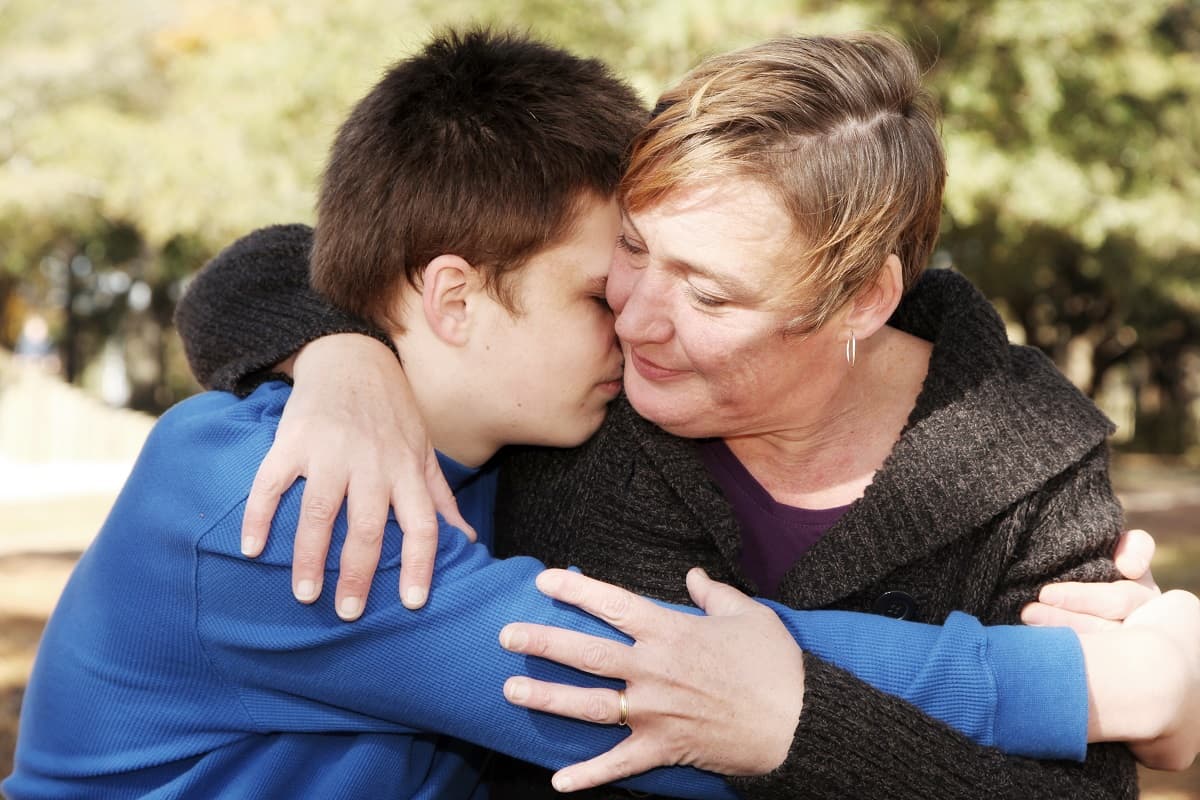We all know teenagers' moods can go up and down, sometimes on a daily basis. And that is just part of being a teenager. And it’s inevitable that parents and teenagers argue from time to time. This isn’t unusual. And it isn’t even necessarily a bad thing. Teenagers are learning to become independent, and this is just part of that.
However, if you’re arguing all the time, or you’re worried about how angry or upset they are, there are steps you can take to calm things down.
Tips to dealing with conflict with your teen
Tip #1: Pick your moment
Don’t try to reason with them when they’re angry or upset. Pick a better time and place to talk to them. Talking while you’re doing something else, like walking, baking or driving, can be easier than trying to sit them down for a chat. The YoungMinds website has some good suggestions for things you can do together that also give you time and space to talk.
Tip #2: Stay calm
Try to stay calm and listen to them. It’s important to let them know they’re being heard. Even if you don’t agree with them, showing that you have listened and considered their point of view can help. The Cyrenians and the Scottish Centre for Conflict Resolution (SCCR) have resources to help you manage any conflict at home.
Tip #3: It’s not them, it’s the behaviour
If they’re lashing out or acting up, let them know there’s nothing wrong with them feeling angry or upset. But it is important to express it in a way that doesn’t lead to arguments or upset other people. Let them know it’s the behaviour that’s upsetting, not them.
Tip #4: Be interested
Ask them questions to try to understand their point of view. Try to imagine things from their side.
Tip #5: Be positive
Try to say things in a positive way and use straightforward language. Instead of saying “Why are you so grumpy?” say: “You seem upset about something. Do you want to talk about it?”
Tip #6: Be honest
Let them know how their anger or the arguments are making you feel. Talking about your own feelings sets a good example. It also helps them see things from your side, too.
Tip #7: Let them know you’re there for them
Let them know that you love them and are there for them.
If things get violent
Teens often don’t know how to control or express extreme emotions like anger. And this can sometimes spill over into violence. This can be shocking and upsetting. But try not to overreact in the moment. Let them know that this is never acceptable and walk away until they have calmed down. This page from YoungMinds has good advice for dealing with angry teens, while this page on the NHS website has more advice about what to do if your teen becomes aggressive.
 Activities & Play
Activities & Play Behaviour
Behaviour Childcare
Childcare Development & Growing Up
Development & Growing Up Family, Friends & Relationships
Family, Friends & Relationships Feeding Your Baby
Feeding Your Baby Food & Eating
Food & Eating Health & Safety
Health & Safety Mental Health & Wellbeing
Mental Health & Wellbeing Money & Work
Money & Work Online Behaviour & Safety
Online Behaviour & Safety Pregnancy & First Days
Pregnancy & First Days School & Education
School & Education Sleep
Sleep










 Family, Friends & Relationships
Family, Friends & Relationships
 Mental Health & Wellbeing
Mental Health & Wellbeing